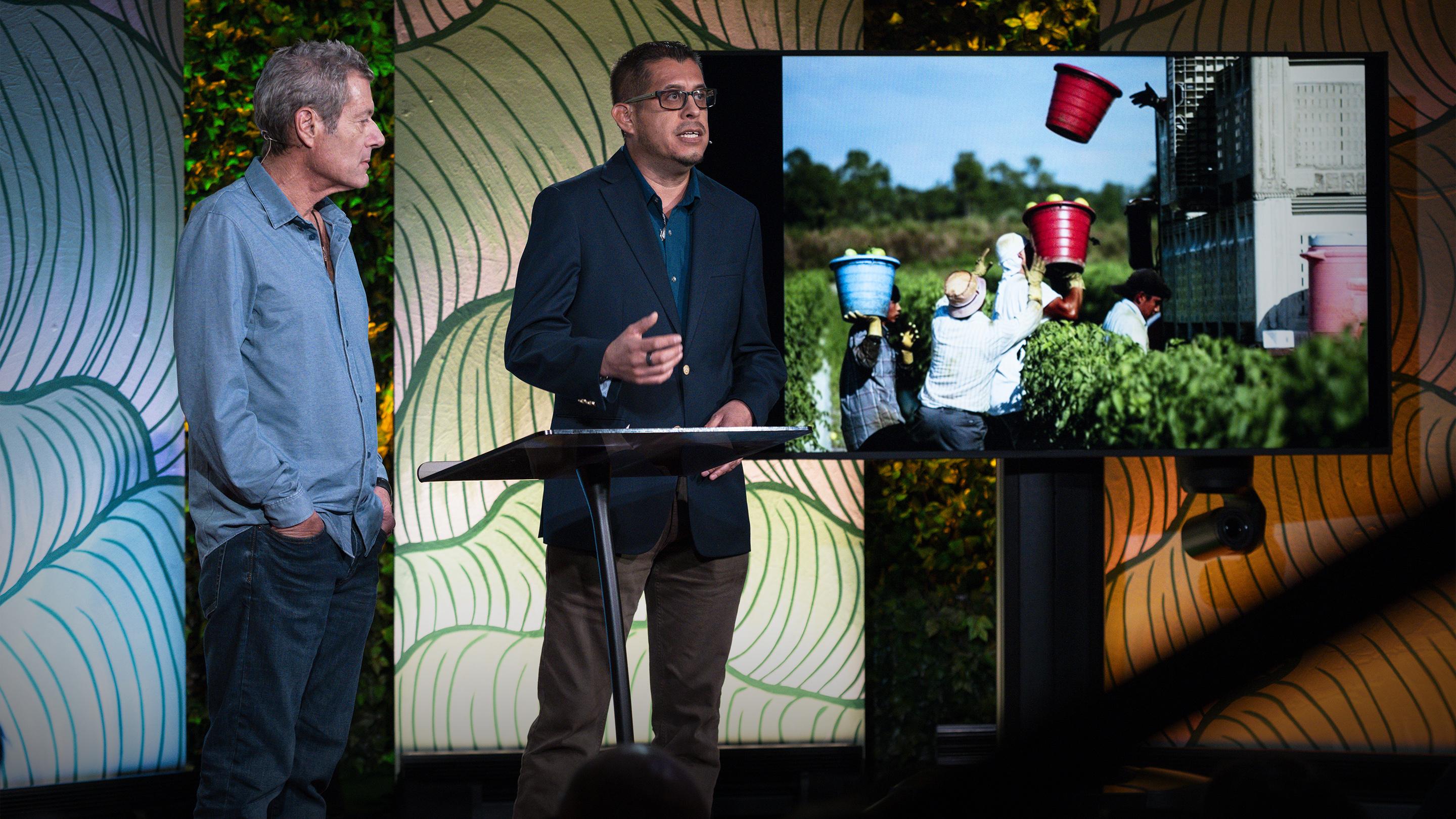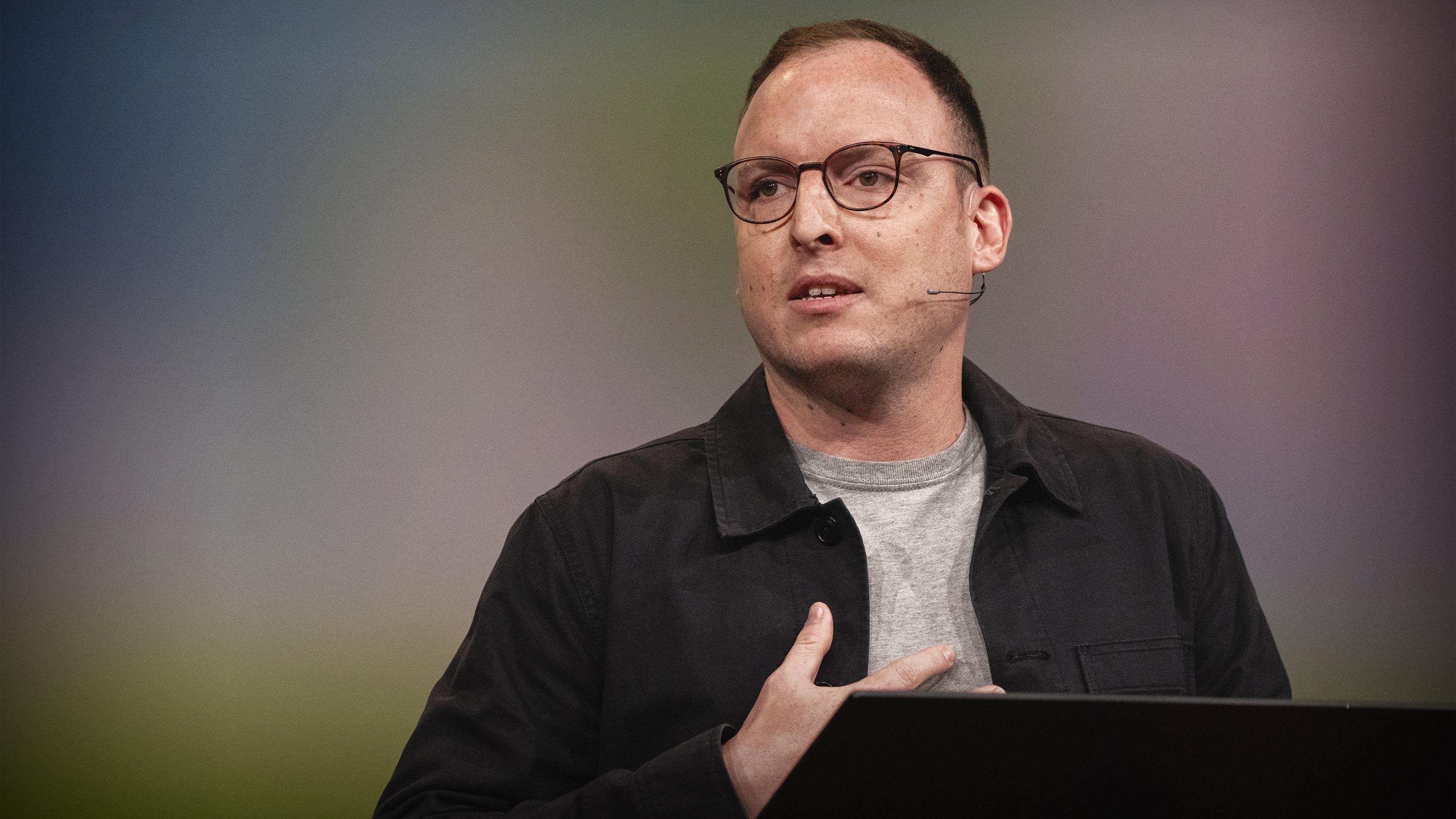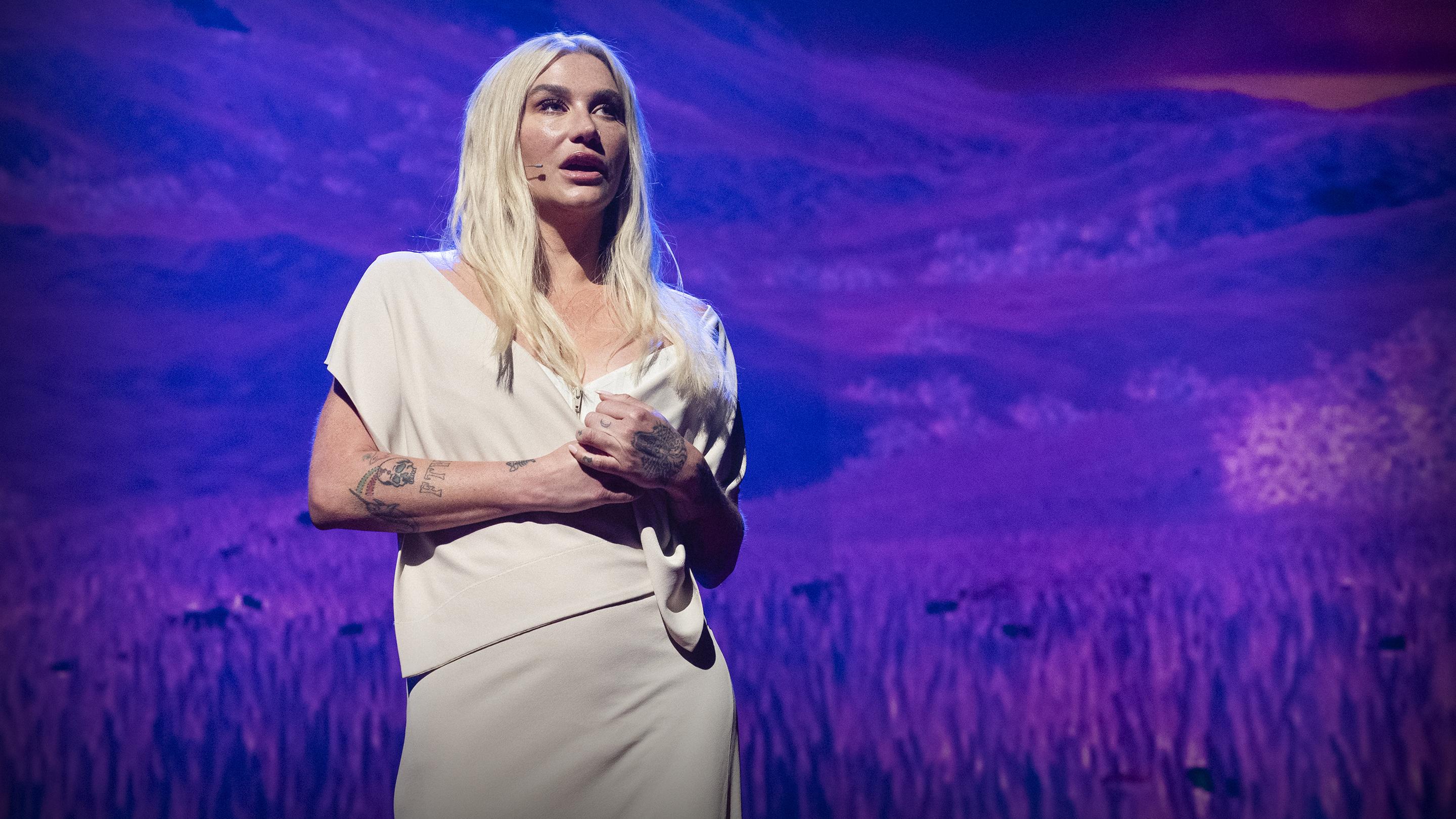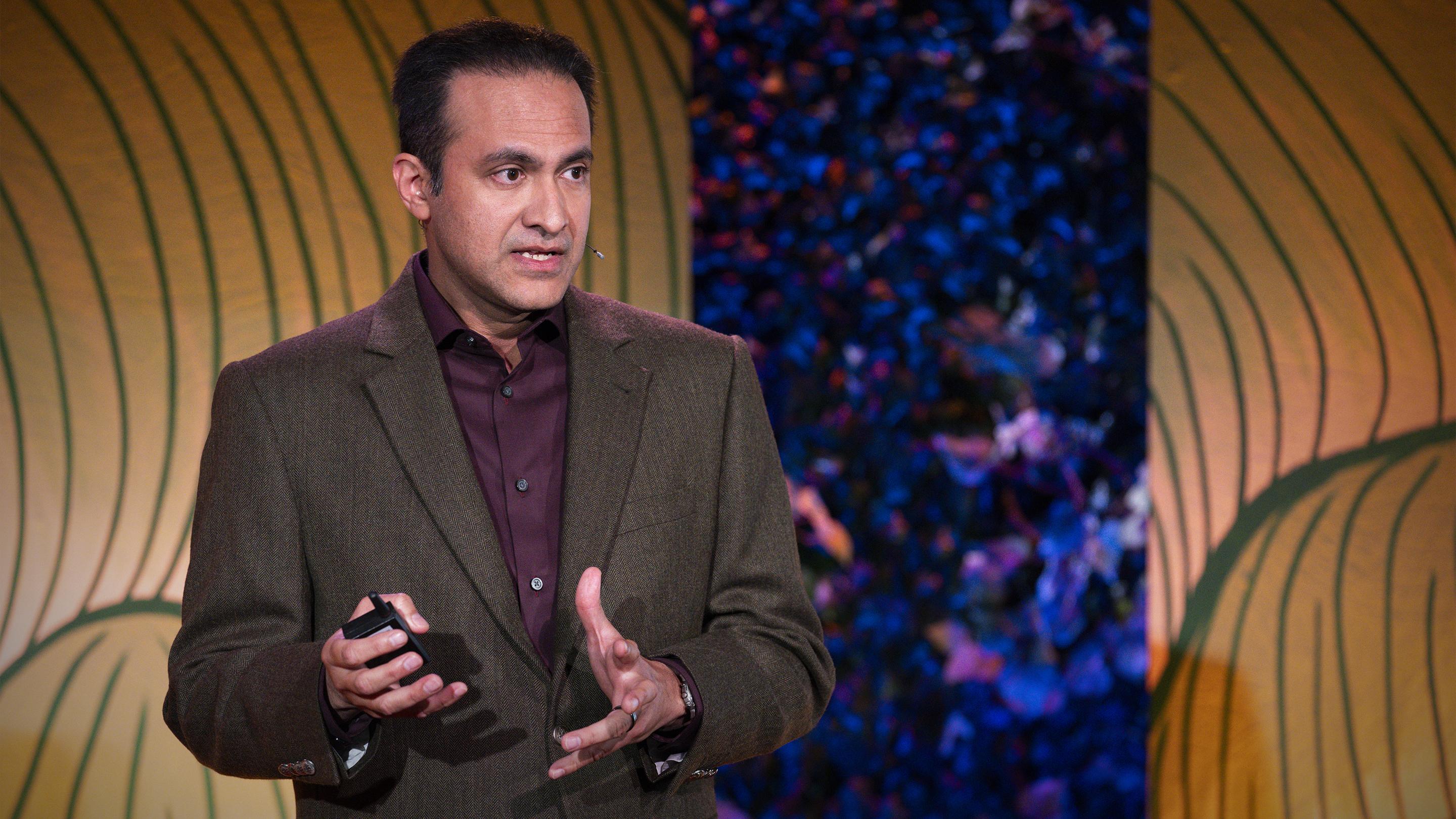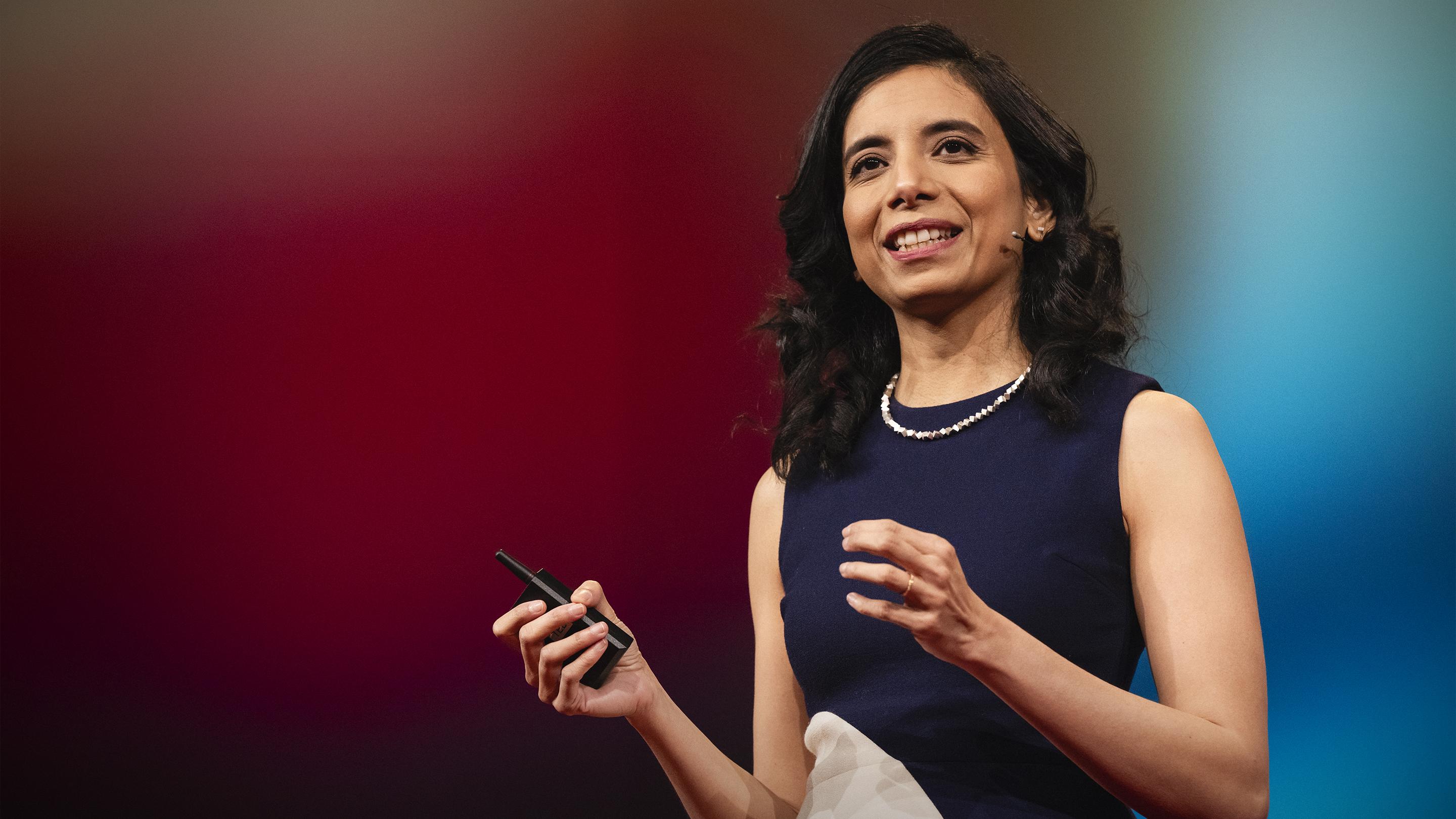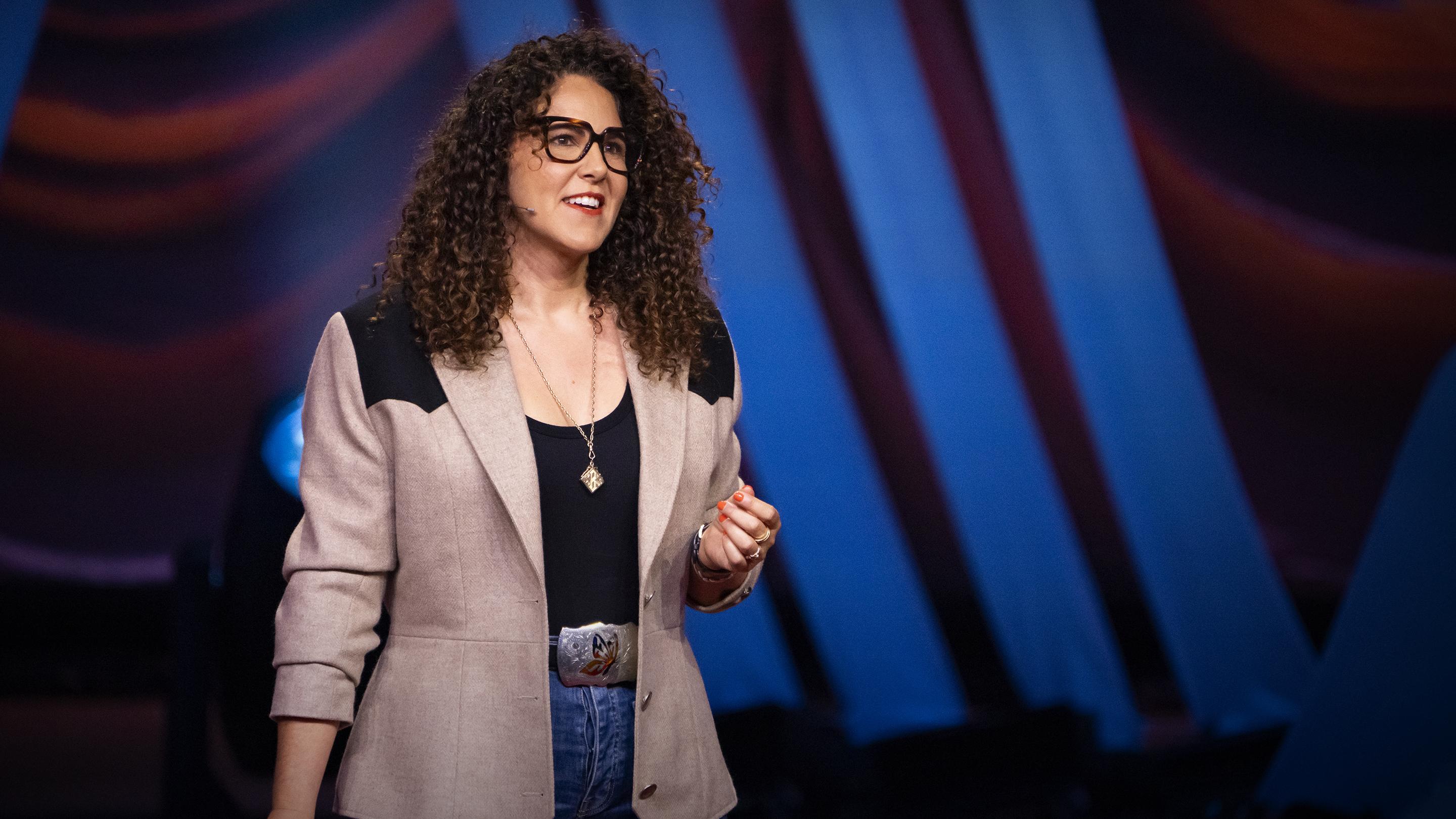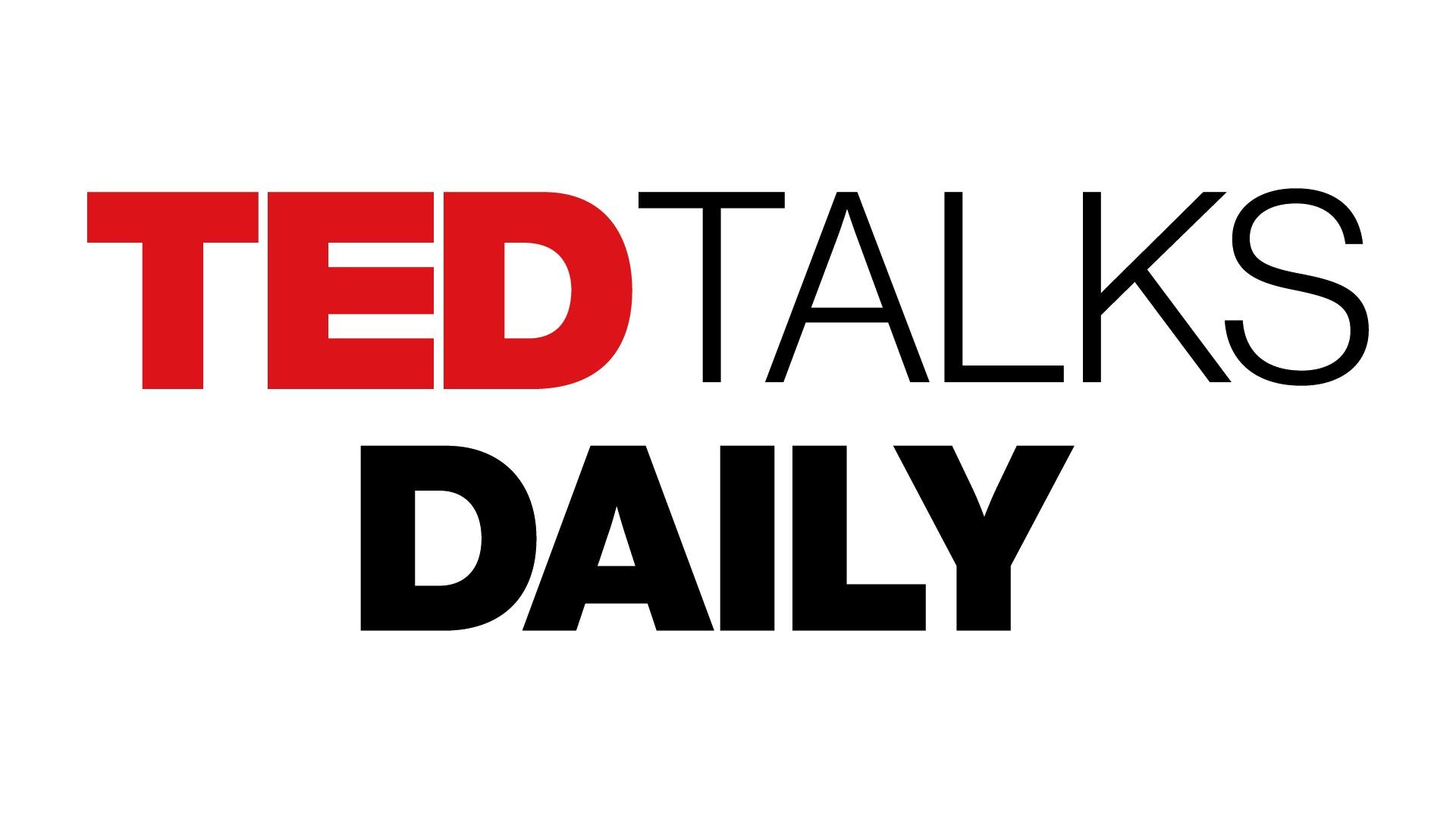Afleveringen
-
We need journalism that moves beyond a constant focus on violence and honestly depicts the full impact of war, in and out of the trenches, says conflict journalist Bel Trew. She makes a passionate call for war reporting to be rooted in compassion and truth, sharing stories that illuminate the human toll of conflict with the hope of healing our fractured world.
-
Global food production — from meat to grains — accounts for a third of all greenhouse gas emissions, says sustainability scientist Jonathan Foley. He presents a portfolio of data-backed solutions to build a better food system world-wide, starting with four key steps to cut emissions.
-
Zijn er afleveringen die ontbreken?
-
Meet MethaneSAT: the satellite circling Earth right now to track global emissions from methane: a highly potent, short-term greenhouse gas. Environmental advocate Millie Chu Baird details the heat-trapping side effects of a planet full of methane — and explains why understanding where it comes from and taking steps to reduce it is the single most important thing we can do to affect climate change in our lifetimes. (MethaneSAT is part of the Audacious Project, TED's initiative to inspire and fund global change.)
-
Misunderstandings between you and your loved ones will happen — it's what you do next that matters most, says marriage and family therapist Lambers Fisher. Drawing on his work helping couples and relatives work through communication issues, he shares four principles to accept the inevitability of offending someone close to you — and how to use these moments to build trust and empathy.
-
With huge, city-wide casts from an array of communities, theater director Lear deBessonet's productions illuminate the unique power of the arts to transform our lives through collective expression. She explores the power of spectacle to inspire awe, connect individuals and heal loneliness with tangible, life-changing results. In a dramatic moment, deBessonet's message comes to life when Broadway star Brian Stokes Mitchell takes the stage for a dazzling performance of "The Impossible Dream (The Quest)," accompanied by pianist Todd Almond, the MEI Screaming Eagles Marching Band and some surprise vocalists.
-
Glowing skin, increased energy, higher mental function and weight loss: These are just a few of the benefits we have been promised for the low cost of 8 glasses of water a day. But can this magical elixir really do all that it claims? Dr. Jen Gunter takes us behind the fascinating (and scandalous) history of hydration pseudoscience, unpacks the investigative report that ROCKED the beverage industry, and sits down with a nephrologist who tells us what's fact and what's fiction about our kidneys. It will quench your thirst for the truth about hydration. You can read the text transcript for this episode at go.ted.com/BodyStuffTranscript1
-
When faced with challenges, do you often seek someone else to blame? Leadership expert Michael Timms shows why this instinct is counterproductive, highlighting three effective habits of self-accountability that will empower you and others to make positive change — whether at home or at work.
-
In the debut of TED's new "On the Spot" rapid-fire Q&A format, Emmy-winning television superstar and drag icon RuPaul Charles answers questions about bravery, brilliance and more — all with his signature wit and wisdom. Get a glimpse inside RuPaul's head and hear his thoughts on the power of drag, the best way to slay, the most important personality trait -- and the best advice he's ever been given. (Featuring an equally rapid-fire Q&A with TED's Helen Walters.)
-
In this special conversation, NYU marketing professor Scott Galloway and head of TED Chris Anderson dive deeper into Galloway’s explosive recent TED Talk, which has been seen by millions and ignited conversations about what he calls “the great intergenerational theft,” or how older generations are stealing prosperity from the young. With razor-sharp insights on the skyrocketing cost of housing, the mental health crisis created by social media, reckless government spending and more, Galloway explores bold solutions to the most pressing issues facing young people — and delivers a few spectacular rants along the way. (If you’ve already seen Galloway's TED Talk, skip ahead to 20:25.)
-
Quantum computers obtain superpowers by tapping into parallel universes, says Hartmut Neven, the founder and lead of Google Quantum AI. He explains how this emerging tech can far surpass traditional computers by relying on quantum physics rather than binary logic, and shares a roadmap to build the ultimate quantum computer. Learn how this fascinating and powerful tech can help humanity take on seemingly unsolvable problems in medicine, sustainable energy, AI, neuroscience and more.
-
In this urgent conversation, president and founder of Eurasia Group and GZERO Media Ian Bremmer joins TED’s Helen Walters to discuss the assassination attempt on former President Donald Trump and its profound implications for American politics and democracy. Listen for the latest on the shooting’s political ramifications, the heightened polarization and disinformation in the US electoral cycle and answers to broader questions about leadership and unity in a divided nation.
-
Why have we not yet found proof of alien life? According to astrophysicist Avi Loeb, we simply haven't dedicated the proper resources. Diving into unidentified phenomena such as the Oumuamua asteroid, he explores his scientific search for extraterrestrial technology, envisioning a future where a higher interstellar intelligence helps us improve life here on Earth.
-
Each Sunday, TED shares an episode of another podcast we think you'll love, handpicked for you… by us. Today we're sharing a special episode of Far Flung with Saleem Reshamwala.
Harnessing the creativity of a megalopolis isn't easy, but Mexico City shows us how it's done. Follow a real-life superhero who dons a luchador mask and cape to protect his fellow residents from speeding cars, learn how citizens are hacking their way to a better public transport system, and see what it takes to crowd-source a constitution from a city with 21 million minds.
-
Farm labor is hot, backbreaking and dangerous work. To protect workers from extreme heat and workplace exploitation, farmworker Gerardo Reyes Chávez has teamed up with farm manager Jon Esformes for a unique partnership. Learn how their collaborative model is keeping farmworkers safe and creating a blueprint for more modern, humane working conditions for the world's laborers.
-
How does language shape our politics? Journalist Isaac Saul explores how subtle word choices can inhibit productive dialogue about significant issues — and shows how small (but important) changes can help us all have better conversations with people who think differently than us.
-
"You can write a song and you can not tell the truth, but your song will suck," says pop star Kesha. So what's the secret to making a great pop song? She explains the special alchemy of her own hits like "TiK ToK" and "Praying" and gives a stunning debut performance of her new song, "Cathedral." (Note: This talk contains mature language.)
-
To transition to clean energy and green technology like electric cars, the world needs massive amounts of essential minerals. Environmental peacemaker Saleem Ali explains the conflicts already arising between countries rushing to mine and extract these precious minerals — and shows how the world can find a way to cooperate rather than fight resource wars.
-
“While language models may help generate new ideas, they cannot attack the hard part of science, which is simulating the necessary physics,” says AI professor Anima Anandkumar. She explains how her team developed neural operators — AI trained on the finest details of the real world — to bridge this gap, sharing recent projects ranging from improved weather forecasting to cutting-edge medical device design that demonstrate the power of AI with universal physical understanding.
-
"Life is an endless sushi conveyor belt of things that are going to test you and teach you at the same time," says writer Laurel Braitman. Exploring the relationship between bravery and fear, she shares hard-won wisdom on love, loss, self-forgiveness and how to embrace the full spectrum of human emotions.
-
For the past 20 years StoryCorps has been traveling the country gathering the stories and wisdom of ordinary Americans and archiving them at the Library of Congress. StoryCorps founder Dave Isay — winner of the 2015 TED Prize — has created an unprecedented document of the dreams and fears that touch us all. In an interview with Elise, Dave shares about a new project, One Small Step, which aims to help reduce toxic polarization – one conversation at a time.
- Laat meer zien


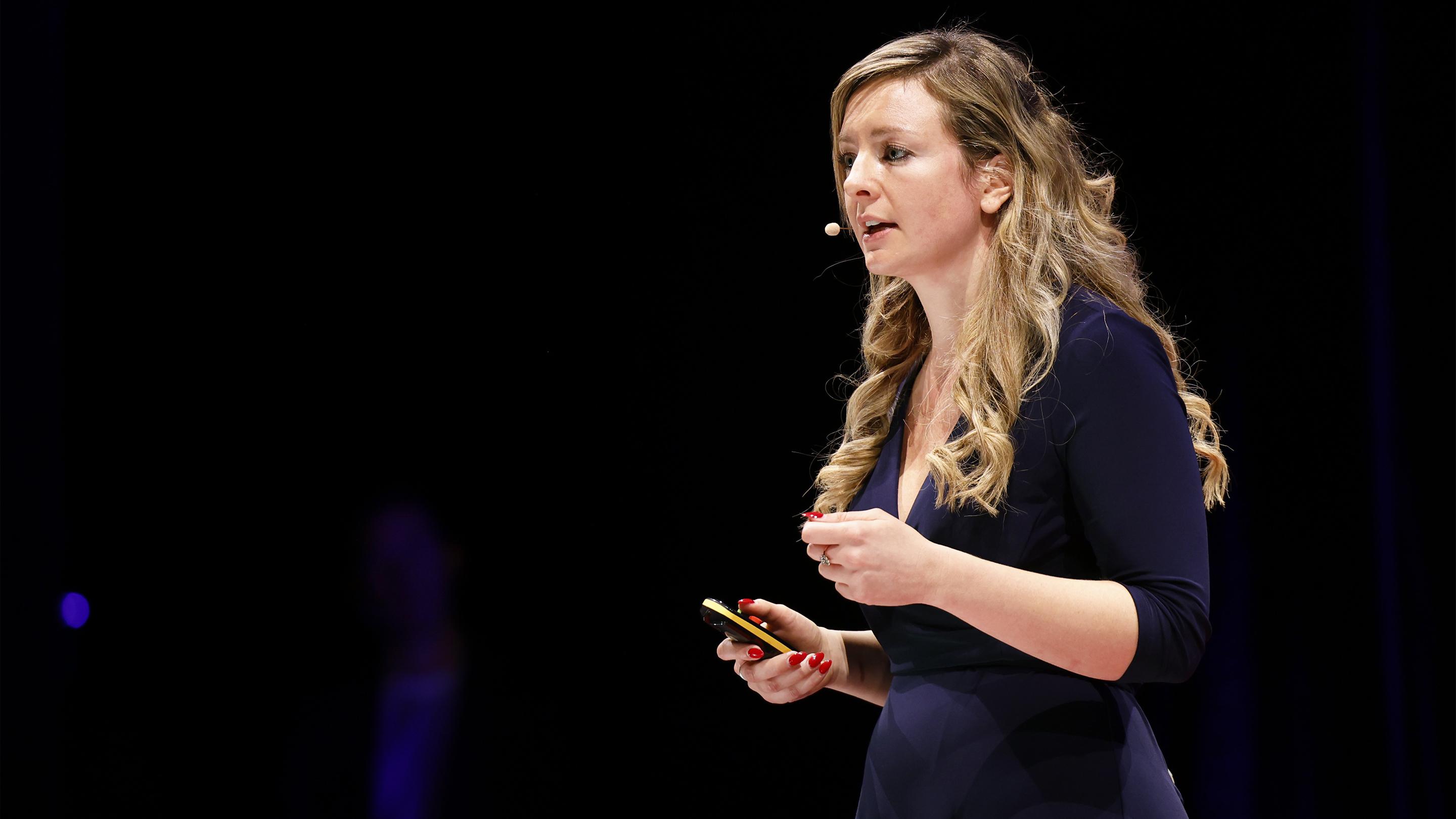
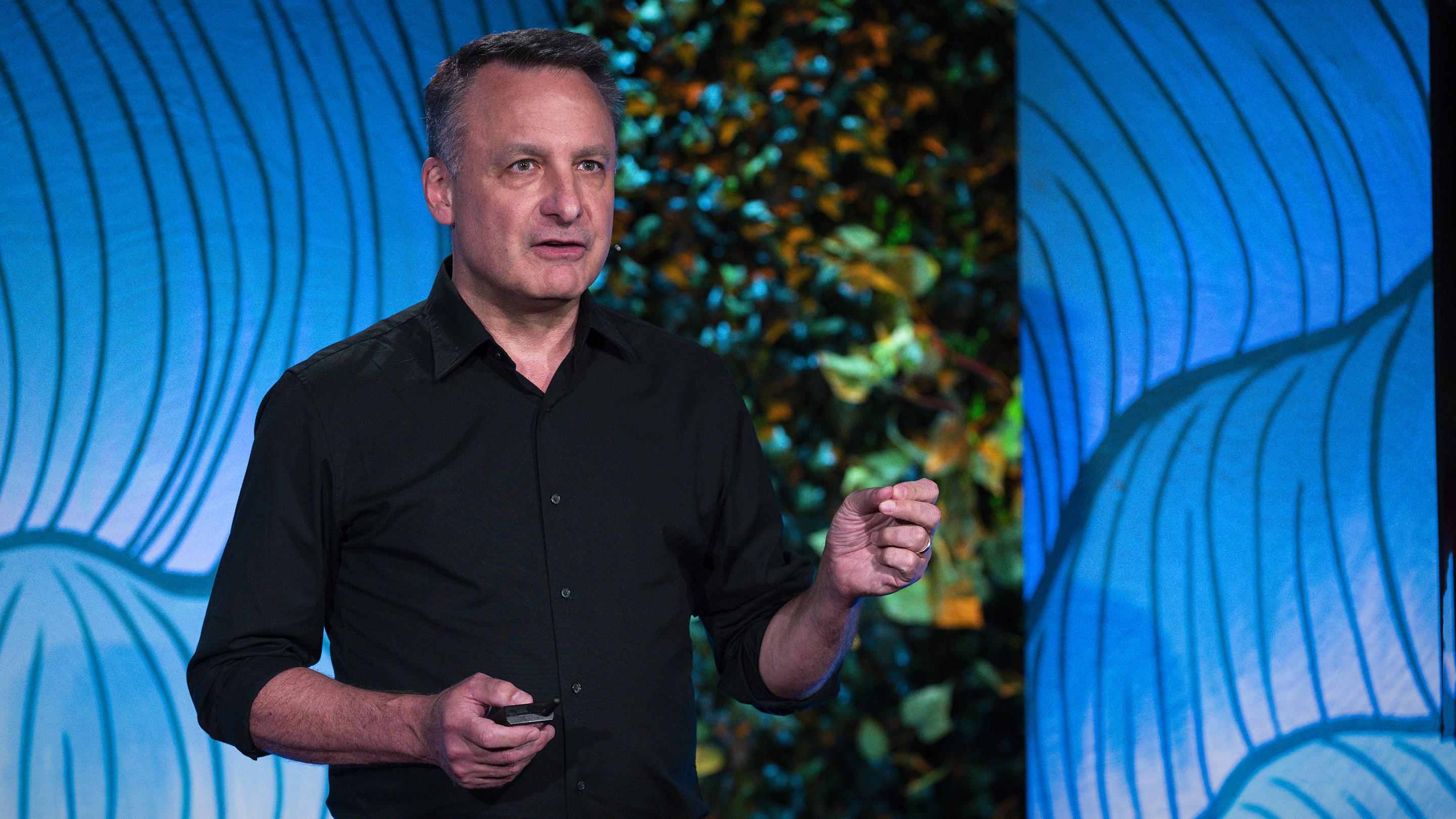
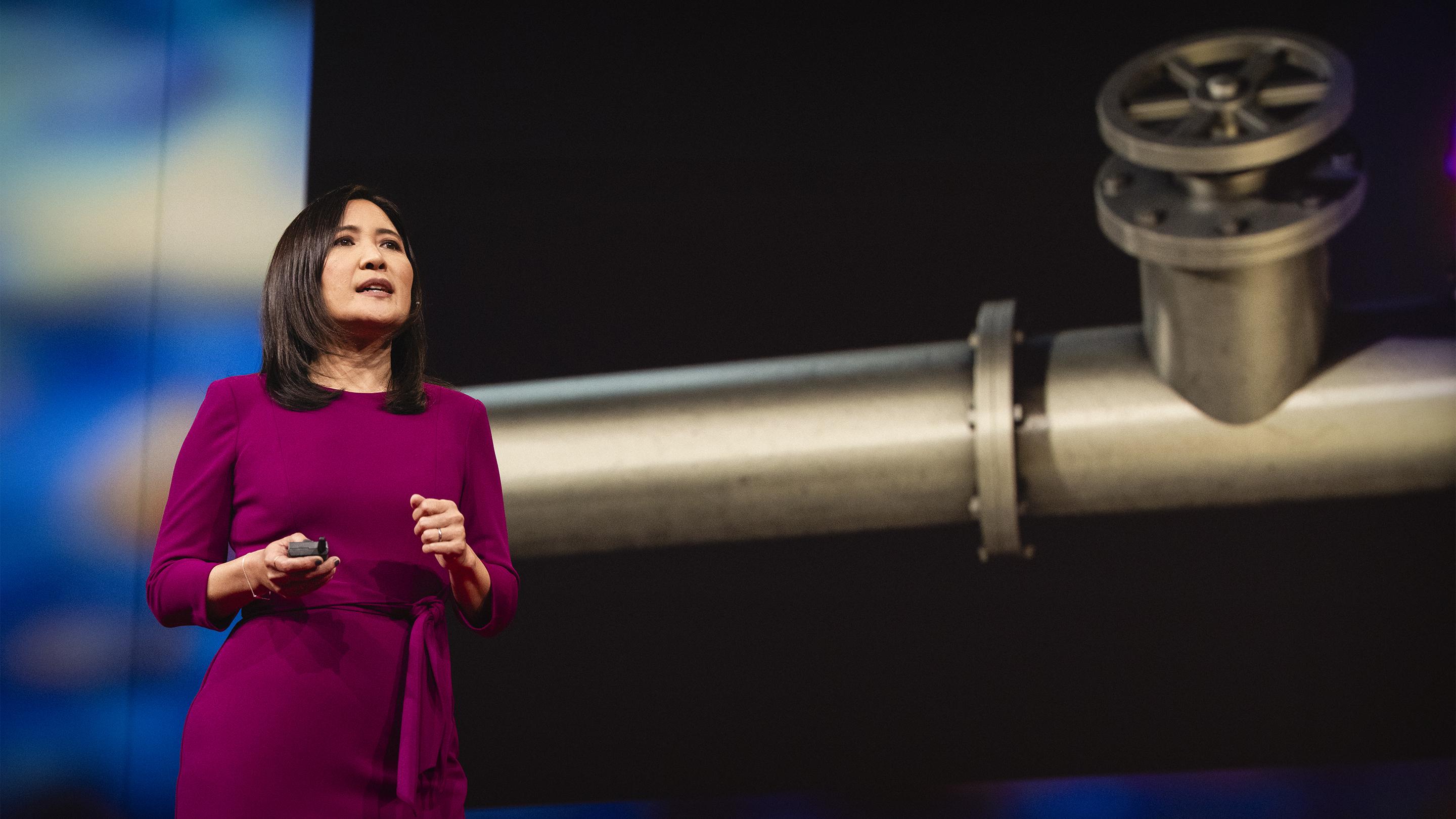
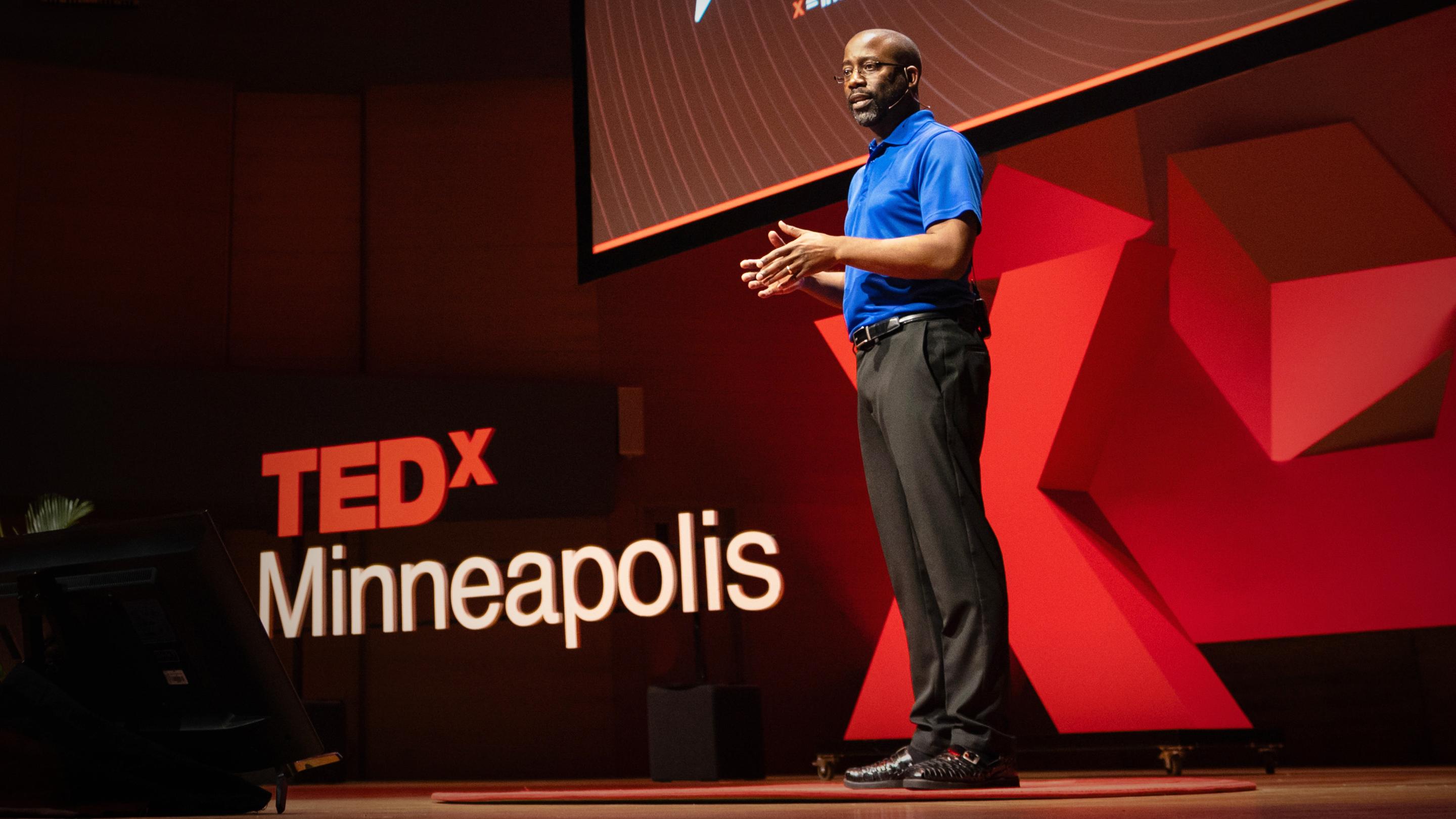
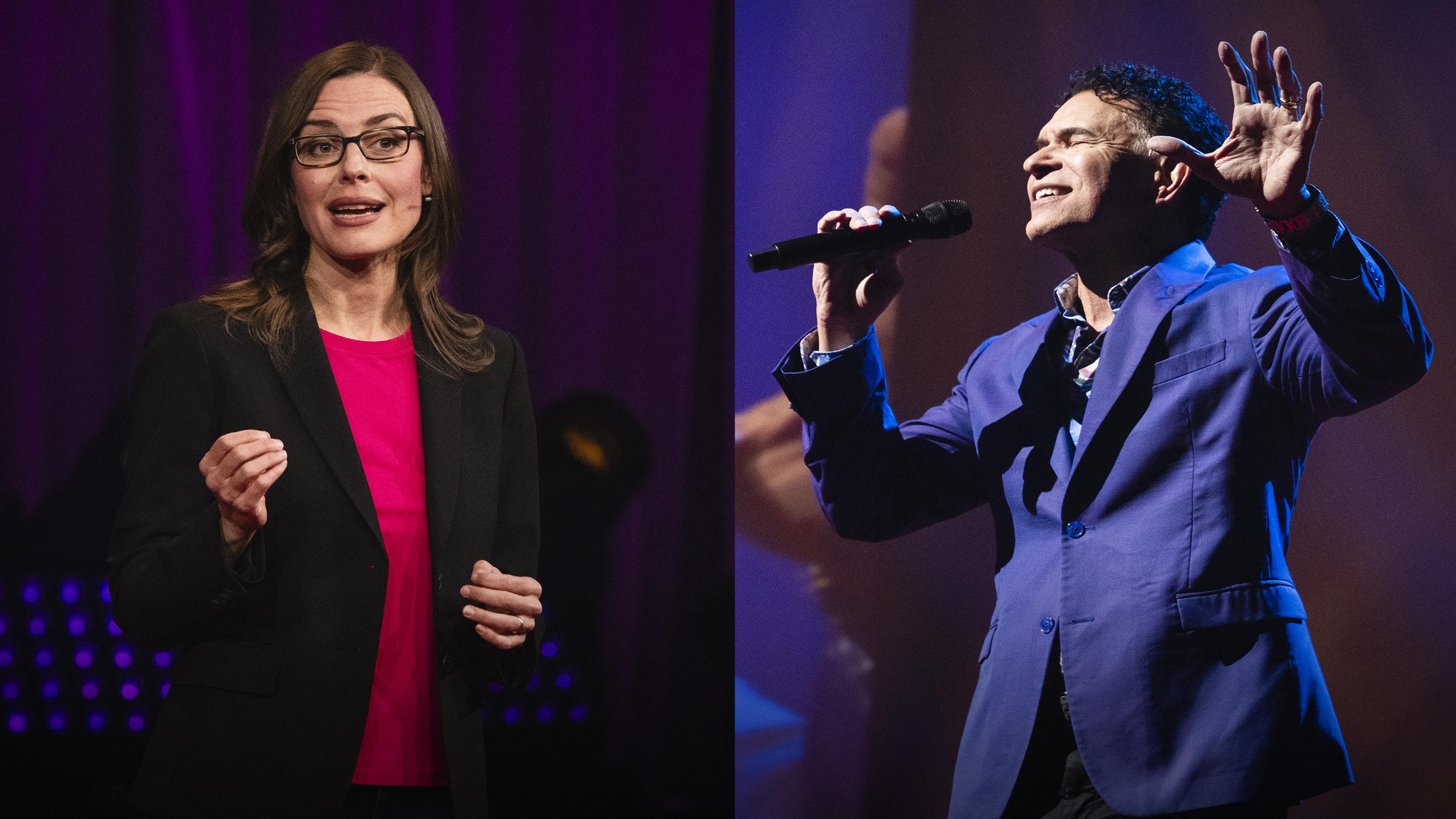
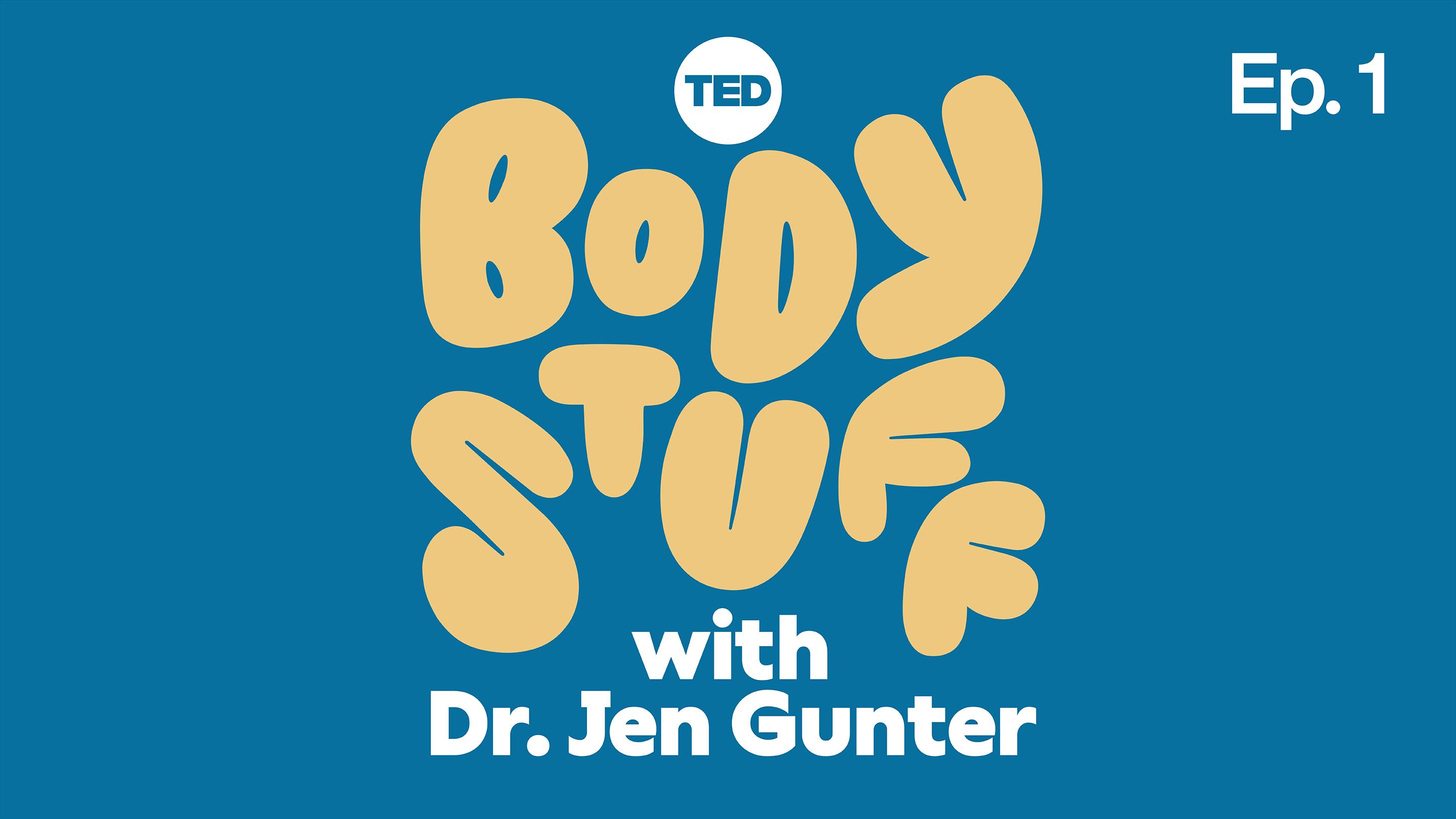
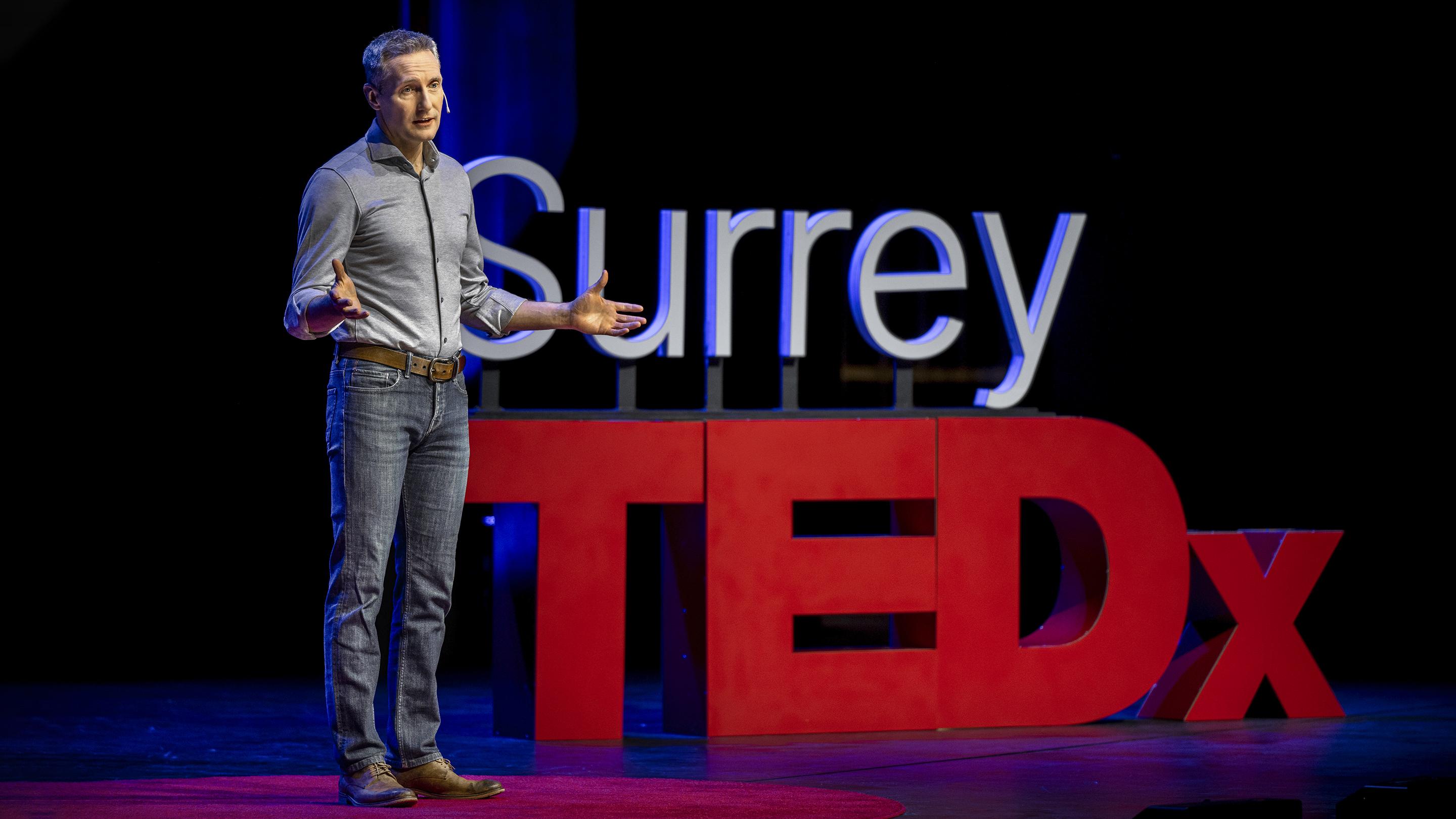
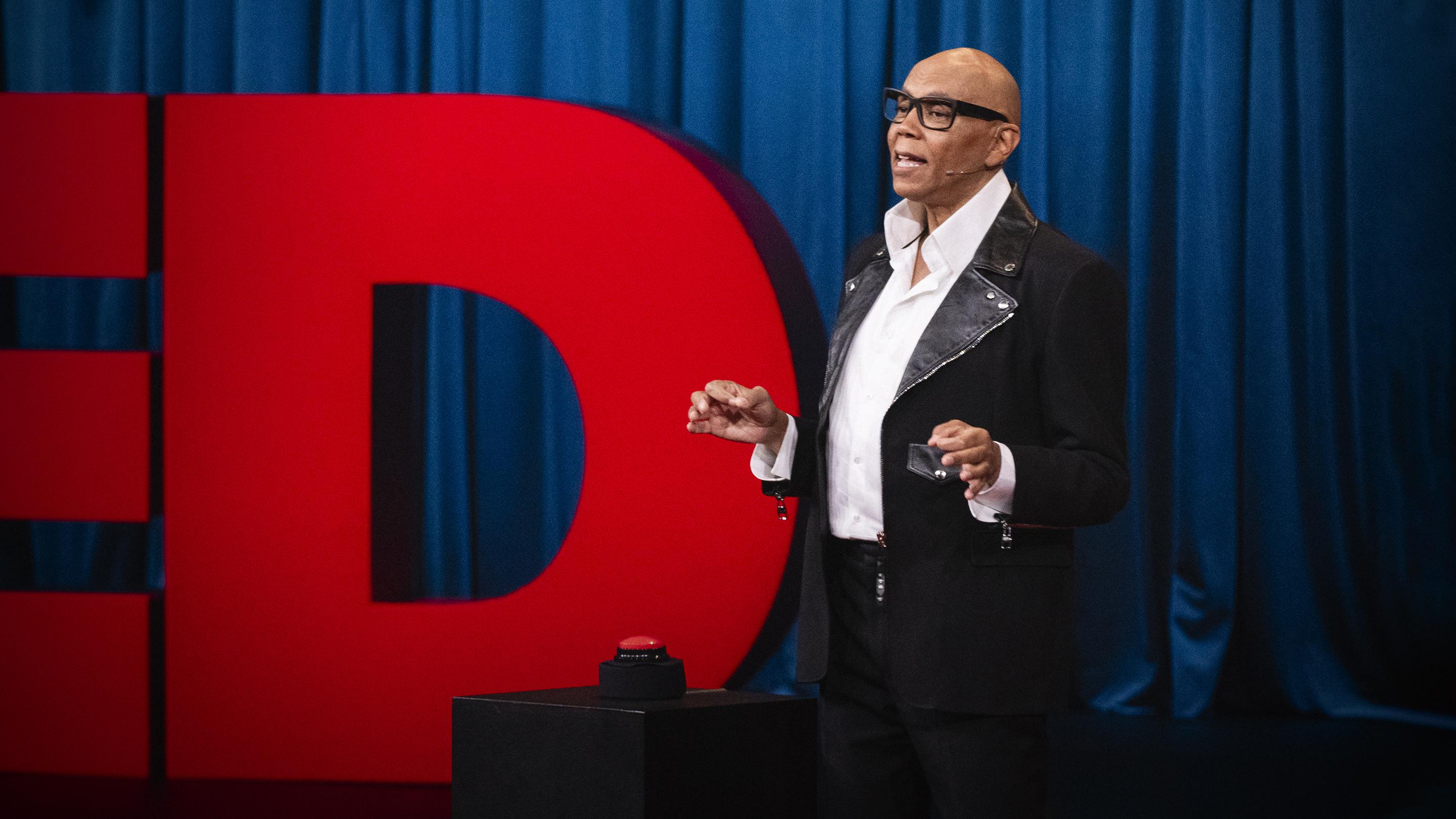
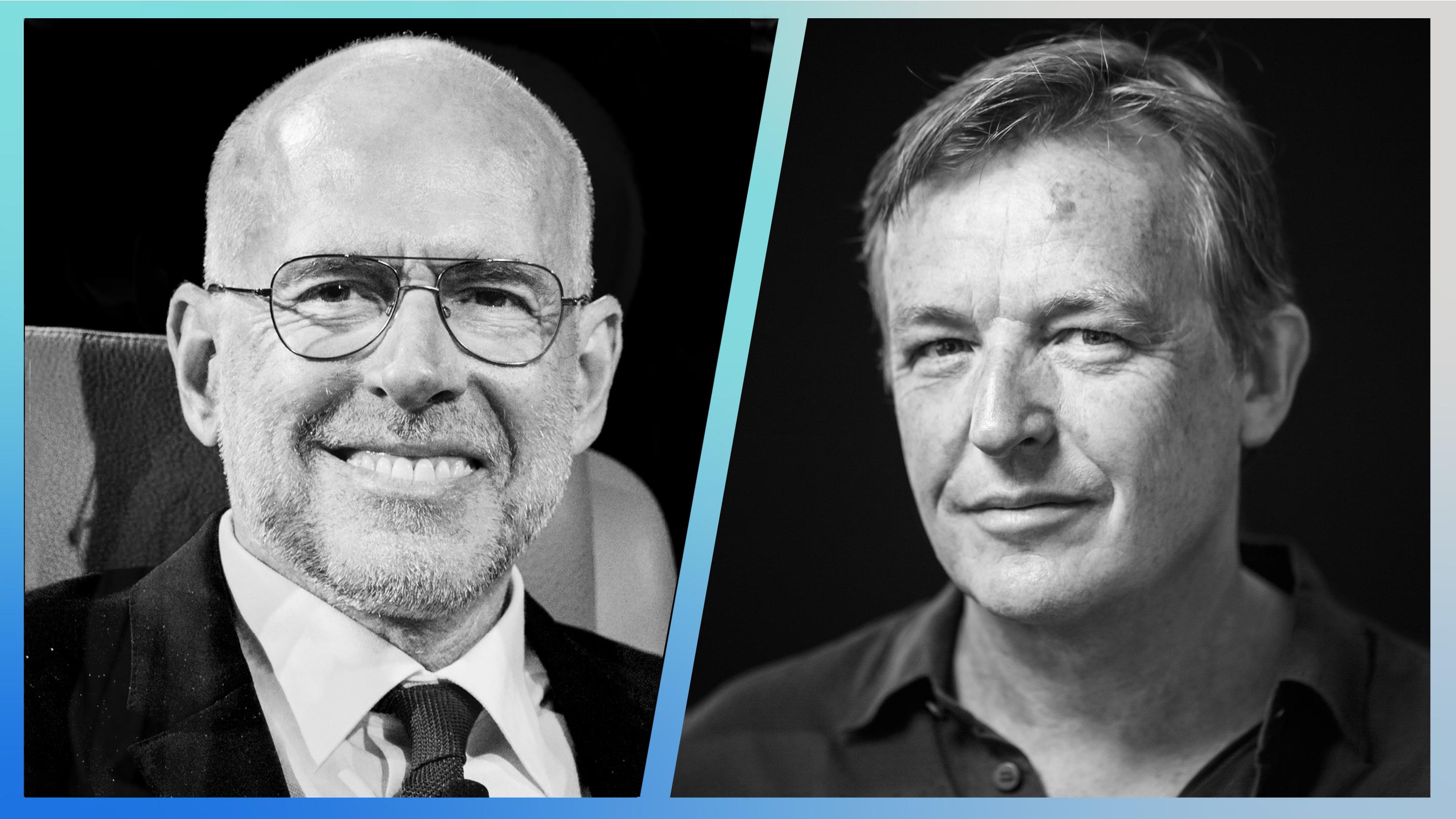
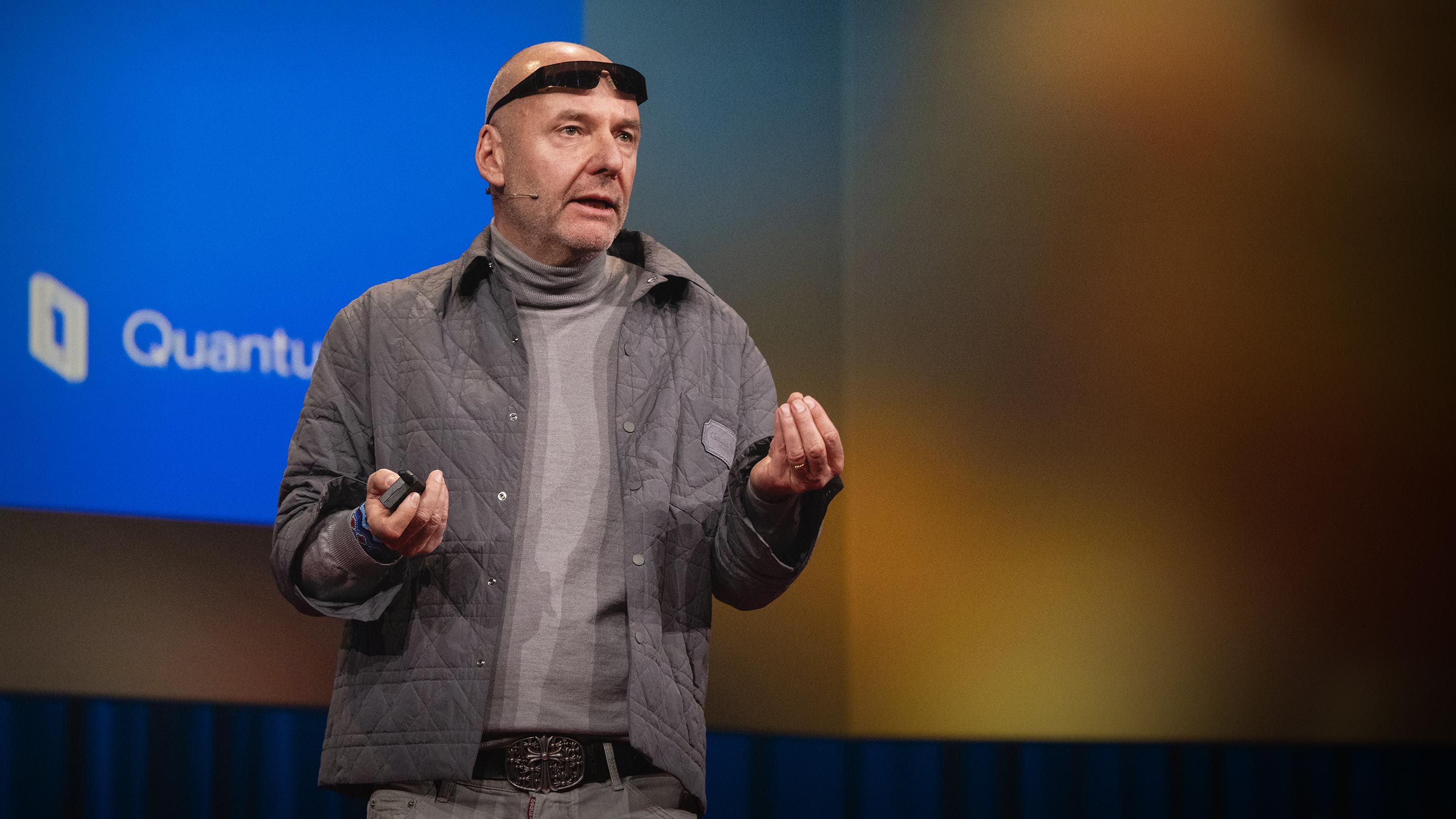
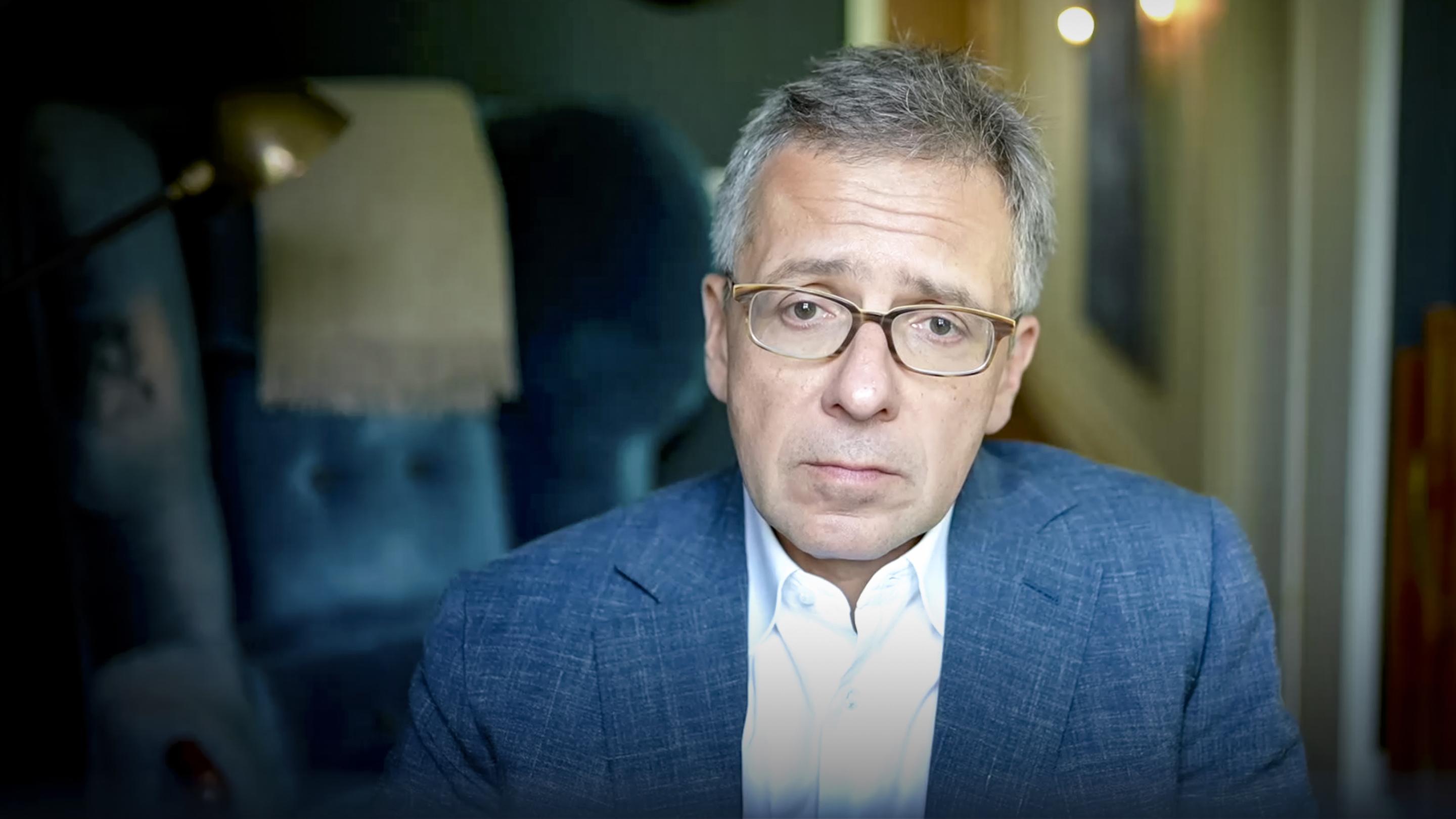
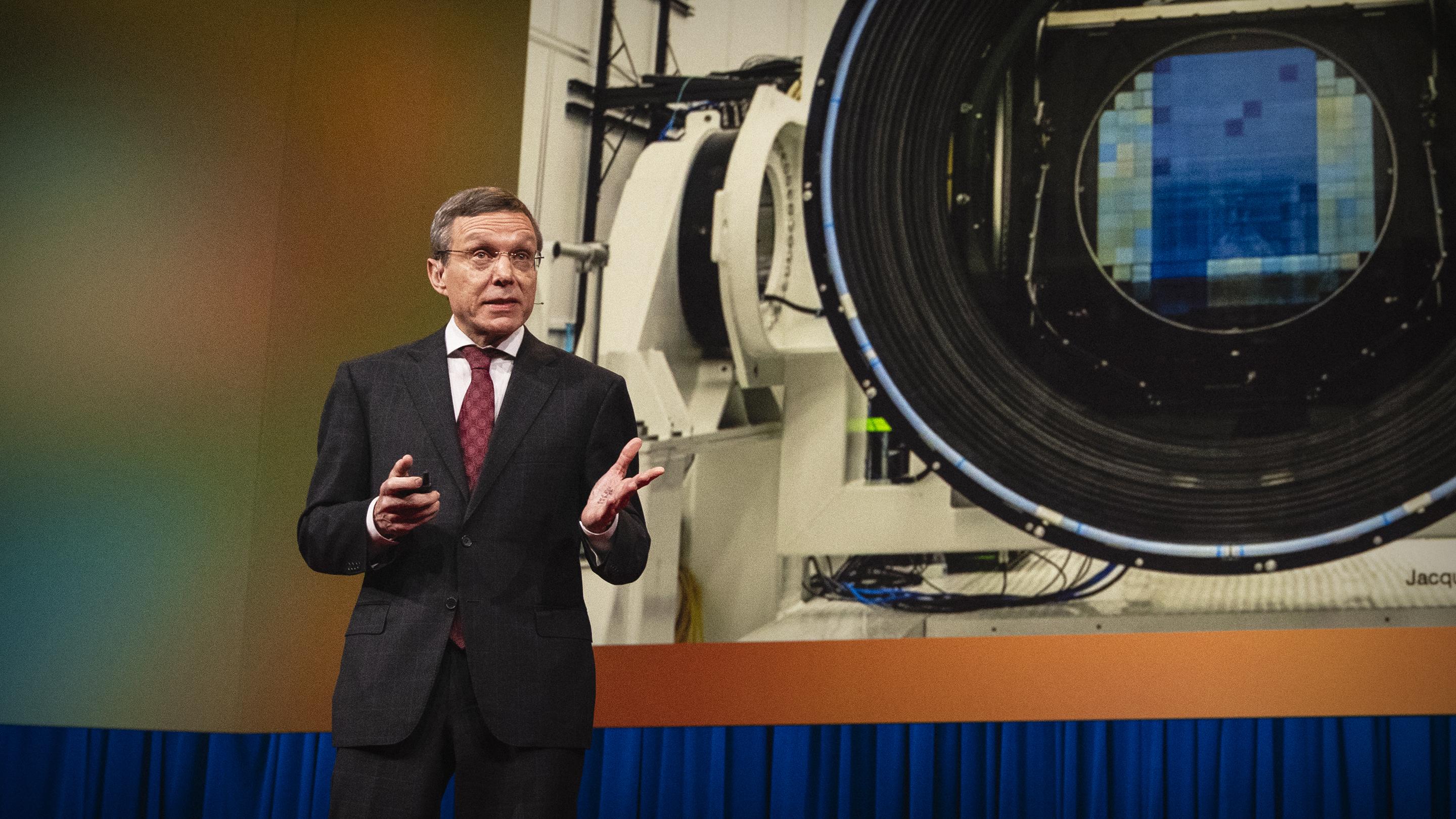
.jpg?)
